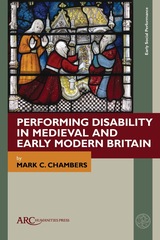5 start with B start with B
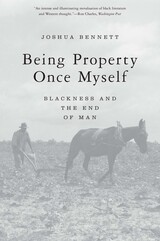
Winner of the William Sanders Scarborough Prize
“This trenchant work of literary criticism examines the complex ways…African American authors have written about animals. In Bennett’s analysis, Richard Wright, Toni Morrison, Jesmyn Ward, and others subvert the racist comparisons that have ‘been used against them as a tool of derision and denigration.’...An intense and illuminating reevaluation of black literature and Western thought.”
—Ron Charles, Washington Post
For much of American history, Black people have been conceived and legally defined as nonpersons, a subgenre of the human. In Being Property Once Myself, prize-winning poet Joshua Bennett shows that Blackness has long acted as the caesura between human and nonhuman and delves into the literary imagination and ethical concerns that have emerged from this experience. Each chapter tracks a specific animal—the rat, the cock, the mule, the dog, the shark—in the works of Richard Wright, Toni Morrison, Zora Neale Hurston, Jesmyn Ward, and Robert Hayden. The plantation, the wilderness, the kitchenette overrun with pests, the valuation and sale of animals and enslaved people—all place Black and animal life in fraught proximity.
Bennett suggests that animals are deployed to assert a theory of Black sociality and to combat dominant claims about the limits of personhood. And he turns to the Black radical tradition to challenge the pervasiveness of anti-Blackness in discourses surrounding the environment and animals. Being Property Once Myself is an incisive work of literary criticism and a groundbreaking articulation of undertheorized notions of dehumanization and the Anthropocene.
“A gripping work…Bennett’s lyrical lilt in his sharp analyses makes for a thorough yet accessible read.”
—LSE Review of Books
“These absorbing, deeply moving pages bring to life a newly reclaimed ethics.”
—Colin Dayan, author of The Law Is a White Dog
“Tremendously illuminating…Refreshing and field-defining.”
—Salamishah Tillet, author of Sites of Slavery
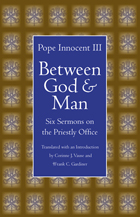
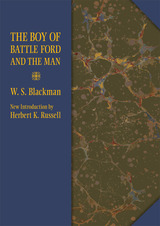
A classic story of a young man’s journey to adulthood, The Boy of Battle Ford covers Blackman’s years growing up in early post-settlement Illinois, where he gave in to temptations such as drinking, gambling, and the lure of prostitutes before joining the army, finding God and becoming a preacher. Blackman, who notes that he is determined to “write facts” in this book, peppers his story with the sordid details of the sinful times of his life as well as with discussions of faith and of struggling to understand his God and his beliefs.
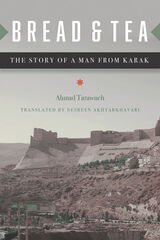
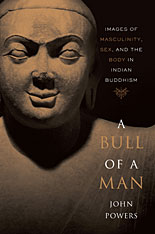
The androgynous, asexual Buddha of contemporary popular imagination stands in stark contrast to the muscular, virile, and sensual figure presented in Indian Buddhist texts. In early Buddhist literature and art, the Buddha’s perfect physique and sexual prowess are important components of his legend as the world’s “ultimate man.” He is both the scholarly, religiously inclined brahman and the warrior ruler who excels in martial arts, athletic pursuits, and sexual exploits. The Buddha effortlessly performs these dual roles, combining his society’s norms for ideal manhood and creating a powerful image taken up by later followers in promoting their tradition in a hotly contested religious marketplace.
In this groundbreaking study of previously unexplored aspects of the early Buddhist tradition, John Powers skillfully adapts methodological approaches from European and North American historiography to the study of early Buddhist literature, art, and iconography, highlighting aspects of the tradition that have been surprisingly invisible in earlier scholarship. The book focuses on the figure of the Buddha and his monastic followers to show how they were constructed as paragons of masculinity, whose powerful bodies and compelling sexuality attracted women, elicited admiration from men, and convinced skeptics of their spiritual attainments.
READERS
Browse our collection.
PUBLISHERS
See BiblioVault's publisher services.
STUDENT SERVICES
Files for college accessibility offices.
UChicago Accessibility Resources
home | accessibility | search | about | contact us
BiblioVault ® 2001 - 2024
The University of Chicago Press


